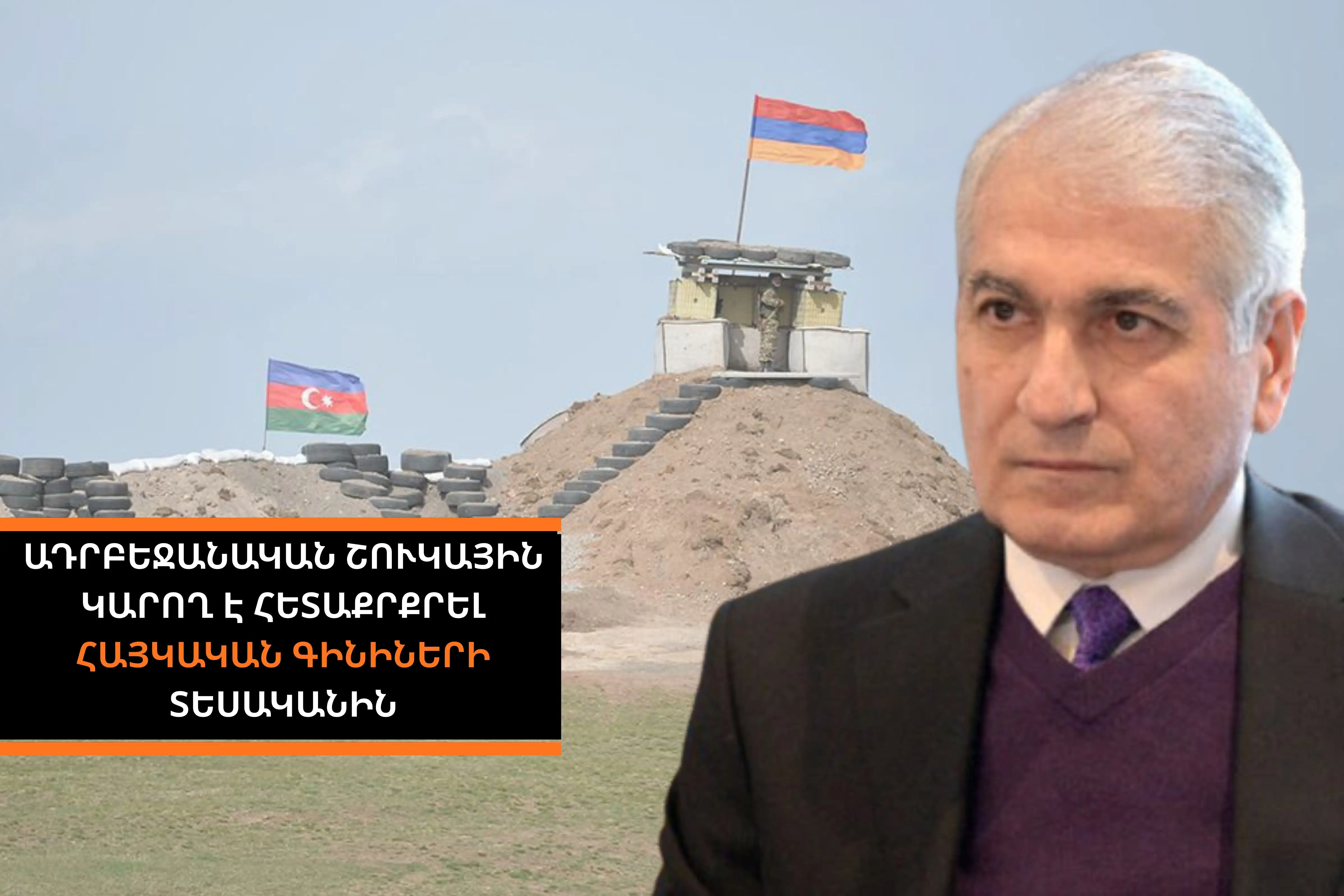Radar Armenia's interlocutor is international affairs expert Shahan Gandaharian.
– The US-Ukraine agreement has been signed concerning using Ukraine's subsoil. How would you interpret what happened? What consequences might it have?
- The US made declarative hints of rapprochement with Russia, making Kyiv understand that it should agree to a ceasefire. However, nothing has changed: the only agreement is on the Washington-Kyiv line. The US takes the mines in exchange for the support it provides. I think this is the nail in the coffin of this whole document.
– Does the signing of this document mean that we can also expect the signing of a Russian-Ukrainian agreement or, at least, an indefinite cessation of hostilities if we consider that Russia has declared a unilateral ceasefire for the second time?
It is not excluded that temporary ceasefires will occur. Moscow is taking territory. The US has already announced that it recognizes some territories as Russian. Ukraine, with its mines and parts of its territory, is shared between Washington and Moscow. Kyiv will not agree to a ceasefire under these conditions—at least not for now.
– What did US Secretary of State Rubio's statements mean in this context, that Putin cannot occupy all of Ukraine and that Ukraine cannot push the Russians back to the 2014 borders? Will Ukraine, however, agree to this option?
- Rubio said that the parties should sit down for negotiations with US mediation. Washington is the main beneficiary: it both receives mineral resources and establishes a presence in Russia's border regions. The game is played according to the rules specified by the US.
- Please also refer to US President Trump's statements to Iran that countries buying oil from that country will be subject to sanctions and the fact that the fourth round of US-Iran negotiations has been postponed.
- These two realities are related. When sanctions are suspended, it is assumed that there is some problem. In this way, Washington reminds us that the sanctions will not be lifted if there is no agreement. The negotiation process will continue.
– What consequences can this have in the South Caucasus, considering the neighboring and unique relations of the Caucasian countries with Iran?
- By reaching an agreement with the US, Iran will be economically unblocked through the South Caucasus, more specifically, through Armenia, and more partially, as a first point, through Syunik. This lifeline is non-negotiable for Tehran. This is also the reason for Iran's determination not to tolerate any changes in its border areas with Armenia. Or the recently announced Nakhichevan-Iran-Azerbaijan pipeline project by official Tehran. All of this is connected to global geopolitics. In this case, to the US-Iran negotiations.
Arman Galoyan


















